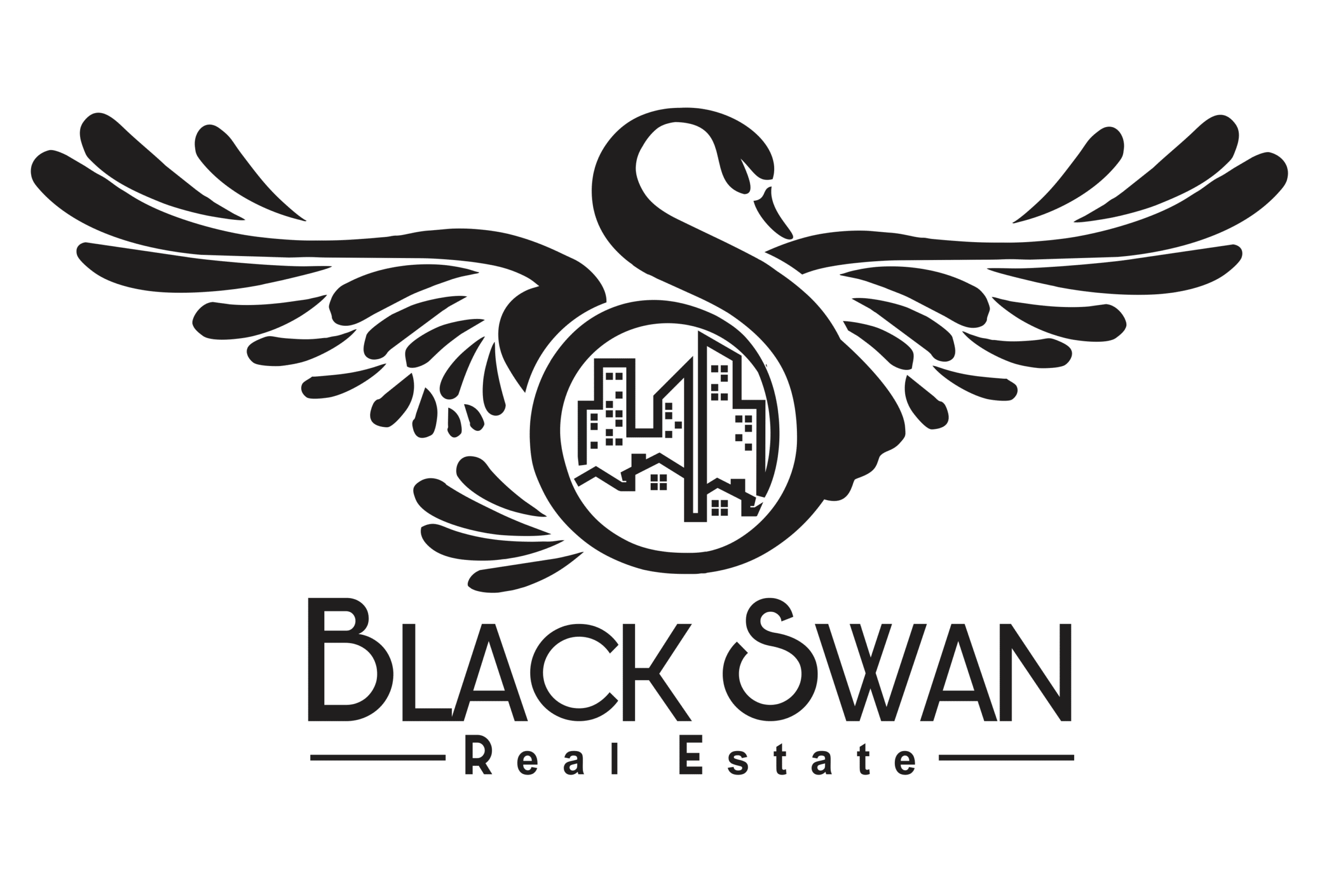Meet the Black Swan Private Equity Fund.

Whether you’re a seasoned accredited investor or just starting out on your real estate investing journey, it’s important to know the ins and outs of investing. For any real estate investor, one of the more basic concepts to nail down–especially as you consider where and when and how to invest–is understanding the nuances between active and passive investing. There are pros and cons to both approaches and while many investors favor one over the other, many investors choose to do both! Let’s break it down.
Active Investing
Active investing is a hands-on, high stakes, analysis-heavy kind of investing. This approach typically requires a dedicated portfolio and property manager, who works to anticipate and react to changes in the market. That could be you or it could be someone you hire.
In real estate, active investing can look like anything from long or short term rentals, to wholesaling, to fix-and-flips, to major development projects. Active real estate investing involves directly owning and managing a rental. Essentially–it’s an investment property or project that’s going to take more time and attention. The old saying in active investing is “tenants, toilets, and termites.”
Characteristics of Active Investing:
- In depth analyses of the market
- Hands-on portfolio and property management
- Could be higher stress
Passive Investing
Take a deep breath. If all that talk about managing properties stressed you out, you’re not alone. Compared to active investing, this approach to investing is a breath of fresh air. Passive Investing is a much more time-effective way to invest–and it’s where we found our niche of coupling our desire to actively manage properties with serving our passive investors. This type of investing provides ongoing returns without the need for micromanagement. Passive investors are in it for the long haul, which also means being patient.
In real estate, passive investing typically comes in the form of syndication and private equity funds. Rather than doing all the hands-on work we outlined in active investing, passive investors entrust a fund manager to deploy their funds and generate returns in the most effective way. Passive investing is relationship driven, where someone else takes care of the active part.
Characteristics of Passive Investing:
- Time efficient
- More relationship based
- Lower stress
Real estate investing is really relationship investing.
By leveraging relationships, you can drive up returns while driving down the amount of time needed.
Meet the Black Swan Private Equity Fund.
Hello, passive income. Last December, we launched Black Swan Fund I, and filled it in less than 24 hours. This $11M fund was used first and foremost to acquire a $23M, 95 unit, Class A apartment building in Rochester, MN, along with a handful of single family rentals. Click HERE to watch the Fund I Performance Review Webinar. Fund I has been such a success, we knew it couldn’t stop there. We launched Black Swan Fund II in June 2022, Black Swan Fund III in February 2024, and Black Swan Fund IV in June 2024. This opportunity provides the peace of mind that your real estate investment isn’t going to become your second full time job. Sign up for infinite returns now!
This is passive real estate investing at its finest. No middlemen. No complicated fee structure. No fine print. We’re here to take care of you. We’re here because managing investment properties is our job, not yours.
We’re here to help you secure your freedom, so you can live life on your own terms.
